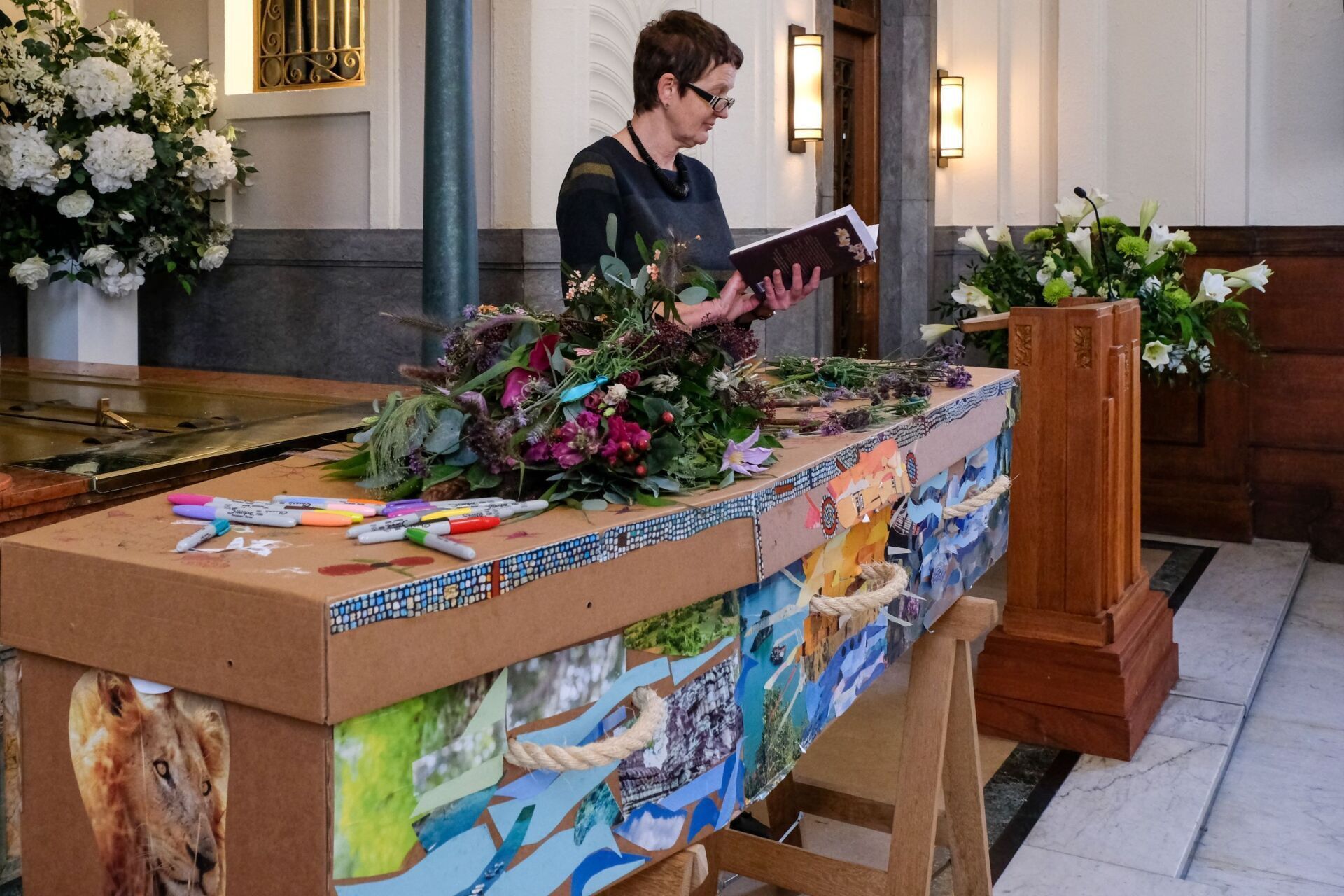Supporting someone after bereavement
How can we helpfully speak to someone recently bereaved?

For many people, one of the hardest things to do is make the first conversation with someone who has faced a bereavement. We are conscious that the person’s life has changed, we cant fully experience or understand their grief and we may be worried about of saying the wrong thing and “making it worse”.
However, at a time of bereavement, the company of friends and ongoing contact with people is possibly more important than ever. Life has changed and support and continuity can be of great importance.
One fear can be that speaking about the person who has died could bring emotions to the surface for the bereaved person. Well, if emotions do surface, there is no harm in them being expressed. Emotions of whatever kind are a healthy part of grief. There can also be a fear of saying the wrong thing. We don’t want to make the bereaved person more upset or cause them to dwell on their heartache – but nor do we want to make light of their grief and ignore it.
So what do we say?
Often the bereaved will have their own story to tell – in their own time. Their mind has been occupied with their loss, whether sudden, tragic or after prolonged illness. The bereaved person will often have plenty in their mind to talk about and share with a willing listener given the time and space.
Often the bereaved will say they almost expect the deceased to walk through the door. They are by no means forgotten and the hard realisation that they are gone takes time to sink in. Gone – but never to be forgotten. Generally its absolutely fine to speak about the deceased as you knew them. They don’t need to be sugar coated – although remembering and reflecting on the positives of their life may seem best.
There are of course times when the person who has died has not been a “loved one”. This calls for a special kind of care and support. It may not be helpful to speak unduly ill of the dead, but equally it may not be appropriate to speak of someone as a saint if we all know that some aspects of their life were far from perfect or easy to deal with.
“I know how you feel” is one phrase to avoid! We can’t know how someone else really feels, especially at such a potentially raw and emotionally difficult time. Even if we have faced a similar story ourselves, our experience and feelings will be different. That’s not to say our own insights as to what we went through in bereavement can’t bring some insight, strength or reassurance to a recently bereaved person. But they are our insights – not a statement of this therefore is how you must be feeling.
Don’t be a stranger, be available where you can provide friendship, company, practical support. What has changed practically in the persons life which they may need help with? And if someone needs time and space to themselves, this is important. Keeping busy and surrounded people may not always be the best and only way to travel through an experience of bereavement.
Personal belief can play a big part. For some, there is a hope that the person who has died is living a new and better life. While such a hope does not take away the acute sense of loss, it can bring encouragement. For others, this is not their view and sentiments to this effect may be of little help. Some people begin to ask deep questions at a time of loss. You may or may not be able to help with these questions but they are valid questions which may need time to explore.
So in summary? Don’t be afraid to offer support, sympathy, friendship, a listening ear or to speak kindly and openly about the person who has died.
All clients at Mark Shaw Funeral Services are offered telephone contact with a bereavement support specialist through SAIF Support. Sometimes simply talking to a fresh pair of ears and being given some reassurance can help. Where further support is needed, we are happy to discuss this with you.
Everyone’s experience is different and unique to them. You can be there for someone, you can travel with them but you cant make it all better for them with a few special words or tell them how they will progress.









